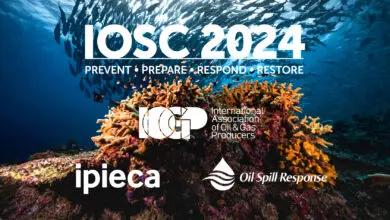
IEA affirms future need for oil and gas
The International Energy Agency (IEA) has forecasted that, come what may in terms of meeting the world’s climate change goals, oil and gas will still be needed to meet between 48% and 53% of energy demand between now and 2040.
An autonomous body, the IEA is funded by the 29 nations of the Organisation of Economic Co-Operation and Development, as well as the revenue it generates from its publications. Foremost among them is the IEA’s World Energy Outlook, the newly-published 2017 edition of which examined three energy scenarios for the world’s future. In all three scenarios, oil and gas will be needed to meet about half of world energy demand.
For the first time, the Outlook considers future energy demand through the lens of the UN Sustainable Development Goals (SDG). The publication found that over one billion people still lack access to electricity, while nearly three billion still rely on coal or biomass for cooking, with severe impact on health.
Given the need for oil and gas in the decades ahead – combined with a forecast 6% annual depletion rate – there is a significant case for investment in the upstream sector over the coming years, the IEA says.
Commenting on the Outlook, IOGP Executive Director Gordon Ballard said ‘Even in the most ambitious IEA scenario, the high share of oil and gas in the energy mix shows just how important they are to the global economy. In some regions of the world, limited access to energy and energy poverty are by far the most pressing issues. The world isn’t done developing, and it’s going to
need oil and gas for that.’
Gordon also cited the Outlook’s ‘extremely positive’ conclusions about natural gas. The report ‘makes the advantages and the versatility of this fuel known to everyone. The ability of gas to provide flexibility to the energy systems while reducing emissions of CO2 and air pollutants is simply unparalleled.’
The Outlook additionally looks at methane emissions from energy sources, noting that oil & gas are much better placed in terms of abatement potential than coal. “As an industry, we have been working to reduce methane emissions for nearly two decades now, and remain fully committed to achieving additional progress. Countries around the world are counting on us to deliver safe, affordable and sustainable energy. The IEA report inspires us to keep doing our best,” Gordon says.
